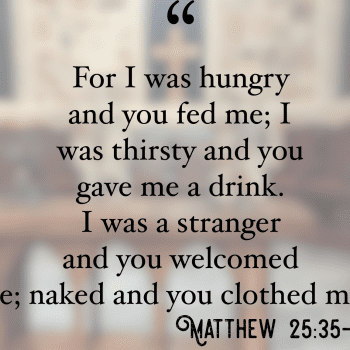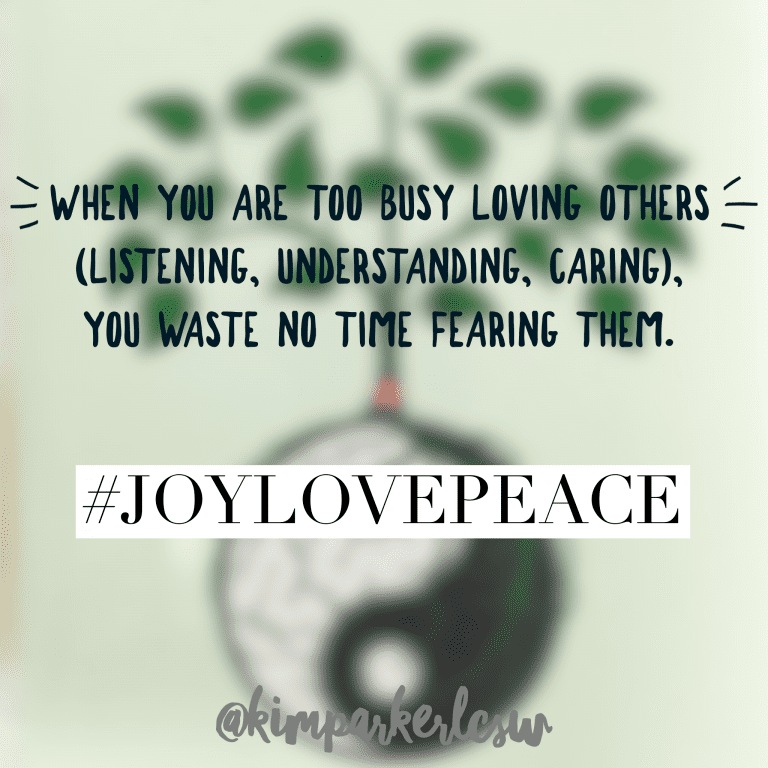It’s so hard to do life without struggles. Ask anyone if they have ever felt pain or grief and the answer will be a consistent, if not resounding, “yes.” We might be tempted to ponder, how can I go through this journey without suffering? Yet, the more realistic question might be, how do I cope with life’s trials the best way possible? When illness or disease hits, finances go sour, relationships become broken, or our plans just fall apart unexpectedly, people suffer all kinds of emotions. We start wondering, how can I cope with any of this?
The answers to these questions will depend on who you ask and what theoretical frameworks they are employing. Personally and professionally, I believe that much of life is lived in the mind. Our minds tell us messages whether we are consciously aware of them. One of the very first things I work with clients in the counseling office, whether age 10 or 50, is to identify if they have a healthy self esteem. Low self esteem just means that you don’t think very highly of yourself. You have no confidence in your worth or abilities. You are not able to list many positive attributes about yourself.
Improving self esteem is so important because it affects everything we do, including what direction our life takes us. Good self esteem gives us confidence and allows us to think more clearly. A positive, optimistic mentality is a strong precursor to healthy functioning. Scientific studies have well documented the positive correlation between mental health and physical health. According to one famous quote, your body hears everything your mind is saying. More fascinatingly, Duke University researcher and psychiatrist, Harold Koenig, has written extensively about the healing power of faith. Whether there is a difference between faith and non-spiritual cognitions is a worthy topic for another discussion. Whenever possible, I focus on affirmative, helpful thoughts like the kinds that are more true, noble, right, pure, lovely, admirable, excellent and praiseworthy.
I have to confess that I rarely feel shame, whether self inflicted or spurned on by others. This is because I realize how much God loves us while we are so undeserving. But, like everyone else, I sometimes struggle with being hard on myself. For example, I might ruminate on the following much too long: Why didn’t I know? How did I miss that? I hope they didn’t misunderstand/get hurt? I wish I could have handled things better now that I know more.
All our doubts, insecurities, and inadequacies are just not fun, to say the least. Sometimes, they keep us awake at night. Yet, if we refuse to let negative messages consume our minds and cripple us, then we can mature from our mistakes. Reflecting on our failures and faults can humble us, which is a good thing. Sometimes, our youthful glee, carefree attitude, and naïveté turn into an honest living based on deep introspection. The learning curves look differently for each individual. For me, maturing seems to take the spring out of my childish steps. I walk a little more down to Earth, speak a little bit more carefully, and become more attuned to other people’s needs. I still have much to learn, but I refuse to beat myself up for not being perfect. After all, even at the end of our learning curves, we are only humans, naturally.
In what ways can you be more kind to yourself?












